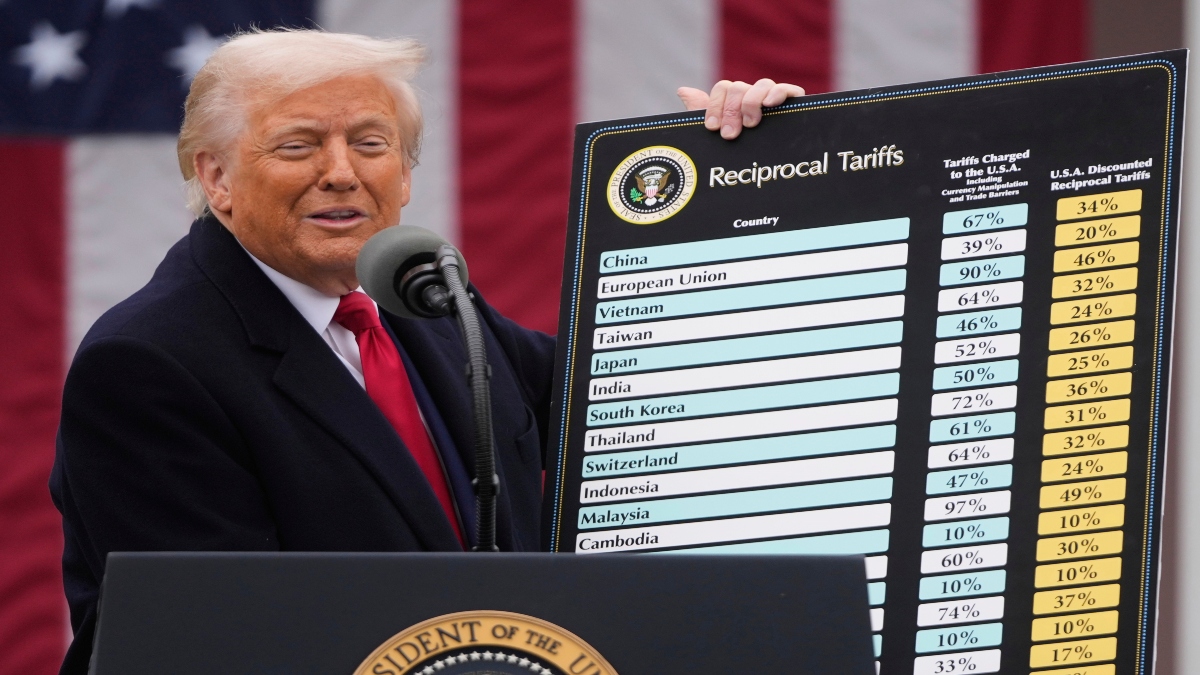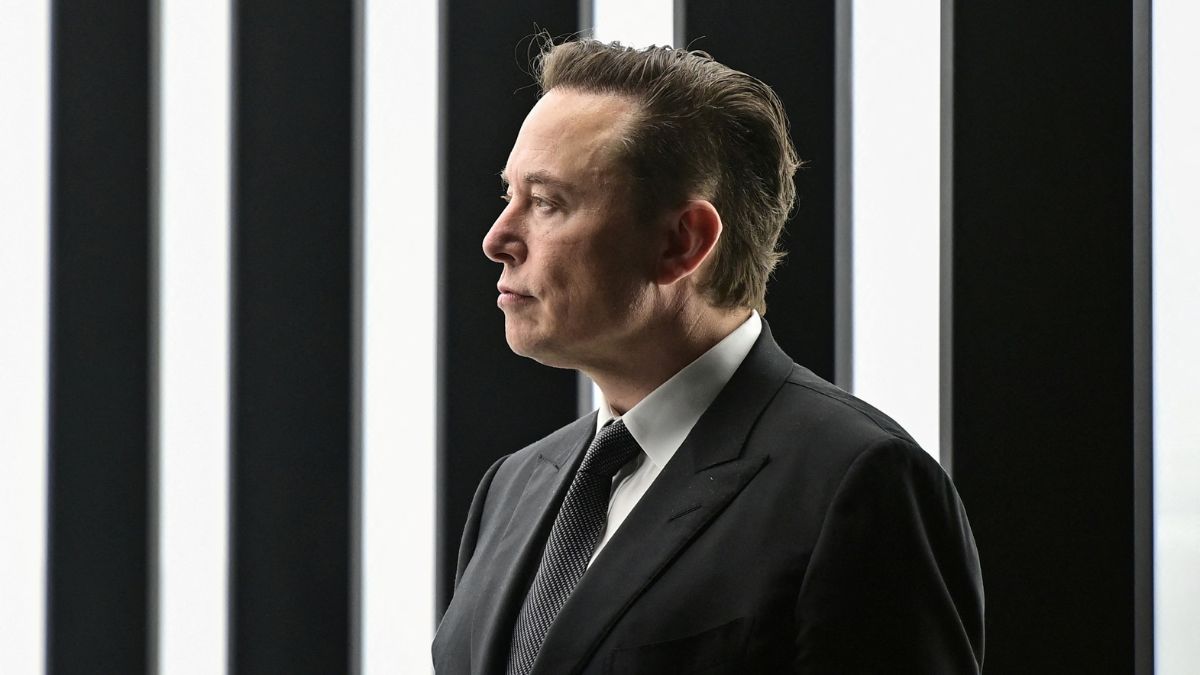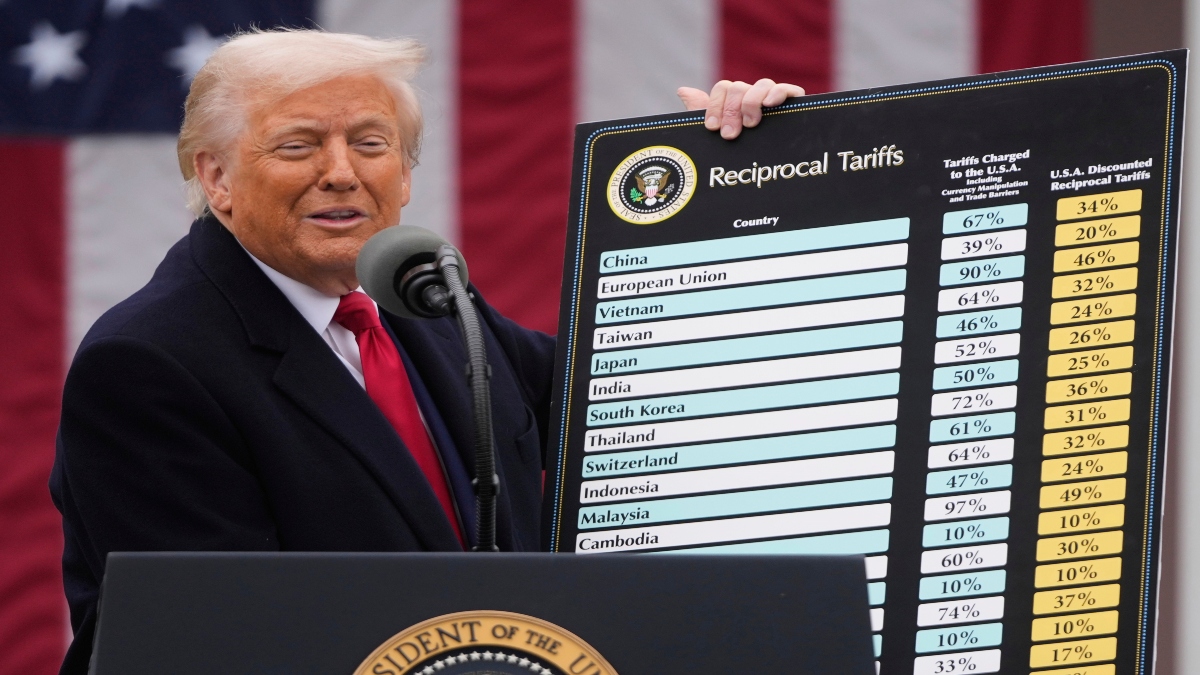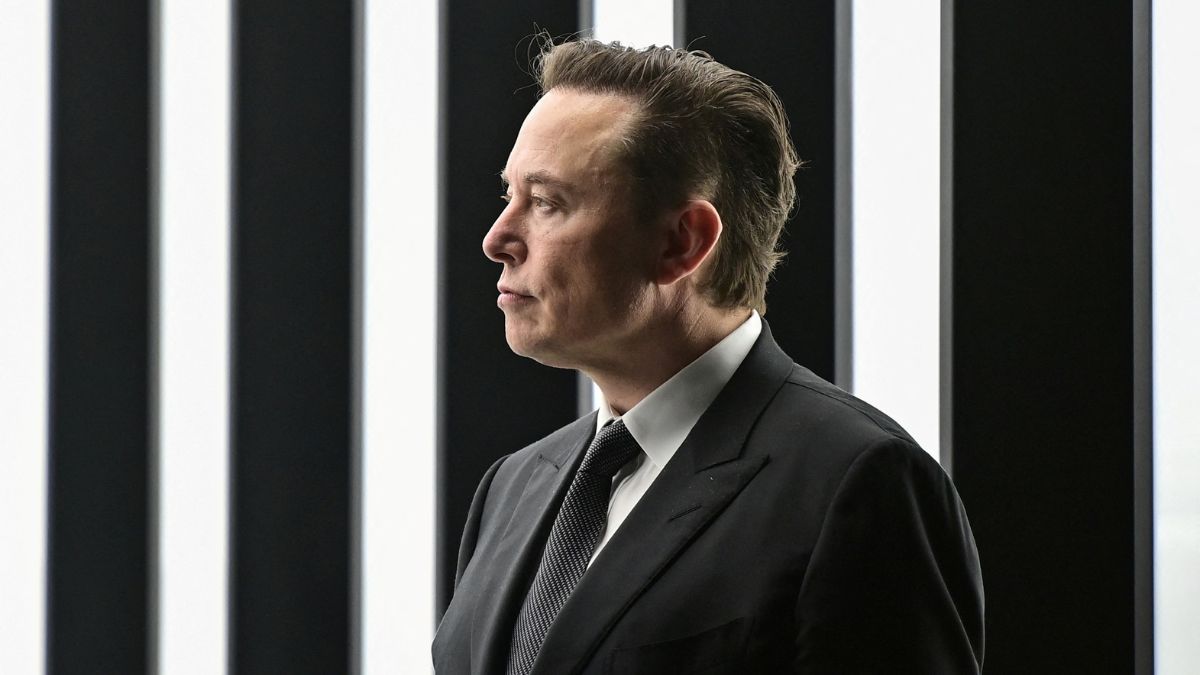Microsoft is entering the race for superintelligent AI, but with a key caveat: the company plans to prioritise human control over maximising technological capabilities.
Mustafa Suleyman, the CEO of Microsoft’s AI division, emphasised the importance of balance in building AI that delivers benefits to humanity while ensuring safety and oversight. “We cannot just accelerate at all costs. That would just be a crazy suicide mission,” Suleyman said in an interview with Semafor.
Suleyman, who will lead the company’s new superintelligence team, believes that the challenge lies in developing AI that humans can understand and control. This contrasts with the current state of AI models, which, while powerful, can behave unpredictably and are difficult to explain, even by the engineers who create them.
Humanist Superintelligence: A Tradeoff of Power for Control
As AI capabilities grow, experts warn that the increasing unpredictability of these systems presents serious risks. The most powerful AI models, such as the ones behind ChatGPT, operate using complex algorithms and vector math—languages that humans cannot easily interpret. This lack of transparency creates challenges for businesses and industries that need reliable, safe AI systems for critical applications.
For Microsoft, which is a leader in enterprise software, the goal is to build AI systems that can automate complex tasks but remain under human control. Suleyman acknowledges that this will require tradeoffs.
Impact Shorts
More Shorts“That’s a very tough tradeoff because in the history of humanity, we haven’t had to do that,” he said. “The story of our species has been infinitely unlocking capability in science and technology and just inventing more and more and more, and putting it out there without restriction and without guardrails.”
Microsoft’s cautious approach aligns with the needs of its customers, who aren’t necessarily asking for superintelligence but instead want AI that is reliable and capable of performing complex tasks. As Suleyman puts it, businesses want “average intelligence with superhuman reliability.”
However, he points out that the unpredictability of current AI models is part of what makes them powerful; if the AI were predictable, it wouldn’t be as capable. By emphasising humanist superintelligence, Microsoft hopes to navigate both the safety concerns of AI experts and the practical business challenges of integrating AI into real-world applications.


)

)
)
)
)
)
)
)
)



